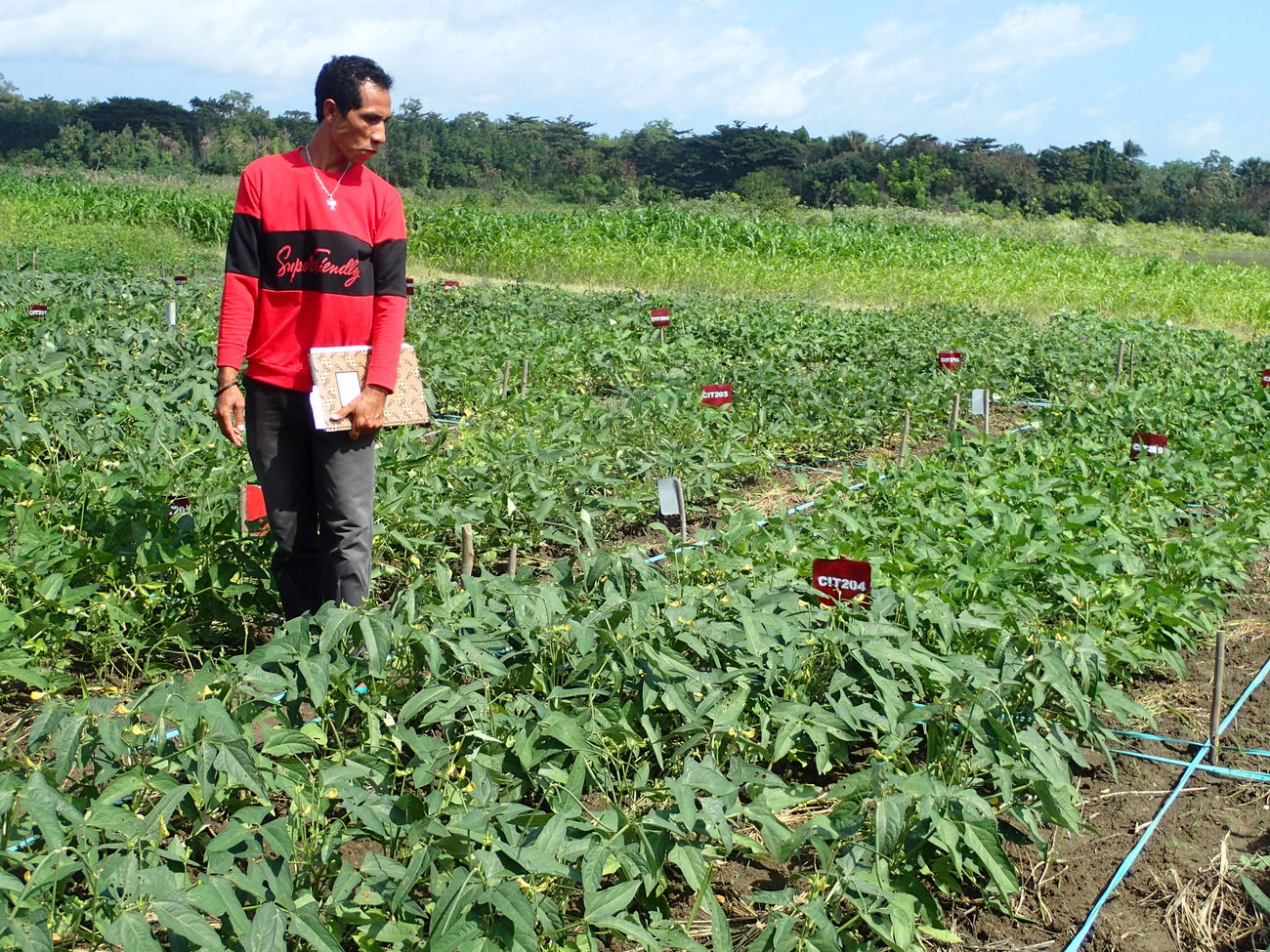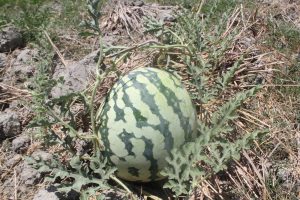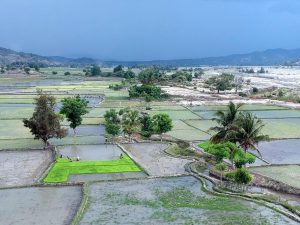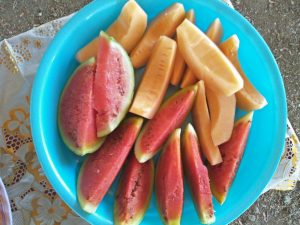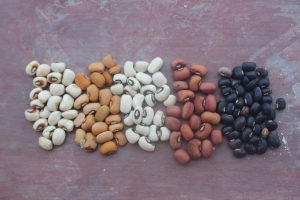New research presented last week by AI-Com researchers at an international tropical agriculture research conference has shown how a new sowing method can impact gross margins and return on labour for mung bean crops – a traditionally unprofitable crop only growing in small areas of Timor-Leste.
The research, presented as a poster at the TropAg conference in Brisbane, Australia, was conducted in 2018 and 2019 in the flat, wet, rice-growing area at Natarbora, near Timor-Leste’s south coast. Experiments tested the volume of crop produced and the labour time taken for mung bean seeds that were carefully planted or broadcasted – scattered out – into rice paddies immediately after the rice harvest.
Researchers found that while broadcasting mung beans required more seed and took more labour to weed than planted mung bean, scattering seeds reduced labour required for planting from 40 days to just one.
Relatively high daily labour rates of about $5 and low crop productivity mean that many cropping systems in Timor-Leste produce an effective income of less than $5 per day. And while mung bean is a nutritious crop well-adapted to the climate of Timor-Leste’s south coast and cooler central areas, it’s only grown in small pockets of the country, due to the onerous labour required to plant, weed and harvest.
This new research indicated that broadcasting mung beans into newly harvested rice can reap an estimated return of $7 per day – indicating that broadcasting mung beans is a useful practice for improving crop returns.
Recent work with local faming families at Natarbora offers a compelling pathway for navigating the weeding problem. While researchers found that weeds dominate broadcasted mung bean seeds in wet rice paddies, and out-perform the plant, collaborative experiments with local families offer a way of mitigating this: harvesting rice, spraying stubble and weeds with a small amount of Roundup waiting two to three days, flooding the paddy, and then broadcasting the mung bean seeds that have germinated best.
This new research offers a compelling new pathway for unlocking the potential of nutritiously dense staple crops across Timor-Leste, and demonstrates a strong spirit of curiosity and innovation within local farming communities. Together, researchers and farming families are finding and sharing new ways to increase yields and improve crop profitability, to help farming families thrive.
